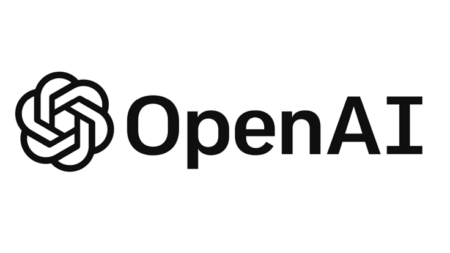In a recent Congressional hearing
Aleksander Mądry, the Cadence Design Systems Professor of Computing at MIT and director of the MIT Center for Deployable Machine Learning, argued that the government could not leave the regulation of artificial intelligence (AI) solely to Big Tech. He believes that the government must take responsibility for ensuring that AI is consistent with society’s goals and that it is developed for the benefit of all.
Mądry emphasized that the government should not abdicate its responsibilities but instead should ask questions about the purpose and explainability of the algorithms that corporations are using. This is a precursor to regulation, which he described as “an important tool” in ensuring that AI is developed in a responsible manner. If the government does not start asking these questions, Mądry worries about the future of AI.
Mądry raised three overarching points during the hearing. First, he noted that AI is no longer confined to research labs but is now out in the world, where it can bring enormous benefits but also poses risks. Second, he argued that AI exposes us to “interactions that go against our intuition” and that we must be careful not to unquestioningly believe what AI produces. Third, he highlighted the problems that will arise from the AI “supply chain,” where AI systems are built on top of each other. This layering raises concerns about vulnerabilities, biases, and the difficulty of knowing who should be held responsible for problems that result.
Mądry called on Congress to be prepared to act and to engage in a difficult conversation about the role of AI, what we want it to do for us, and how to ensure that it benefits everyone. He believes that we are at an inflection point in terms of what future AI will bring and that we must seize this opportunity to ensure that it benefits society.
Conclusion
Mądry’s testimony highlights the importance of government regulation in the development and deployment of AI. It is not enough to leave this responsibility solely to Big Tech. Instead, the government must take an active role in ensuring that AI is developed in a responsible and ethical manner that benefits everyone.




